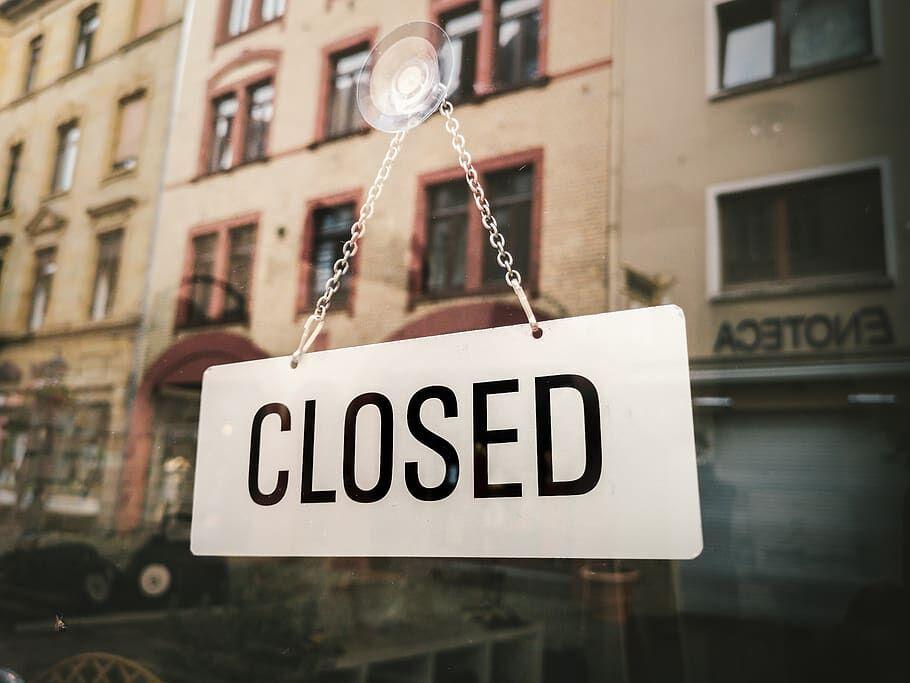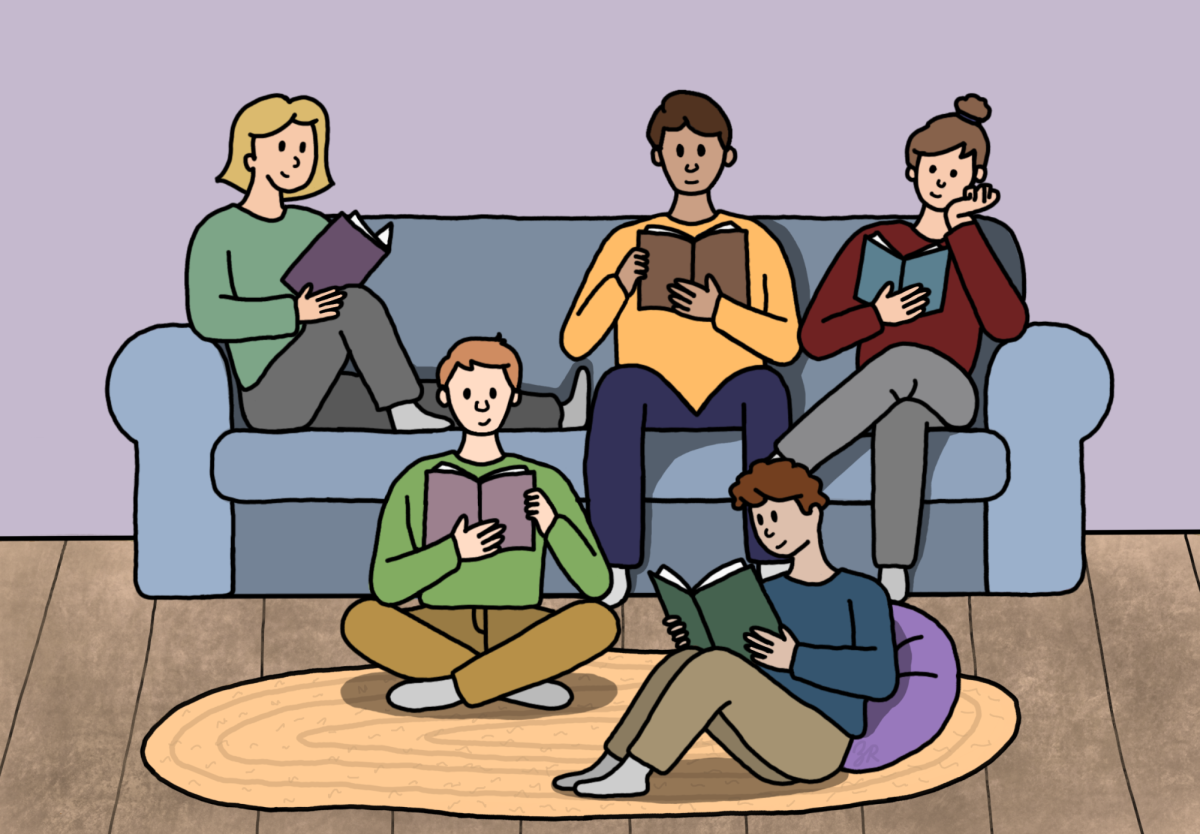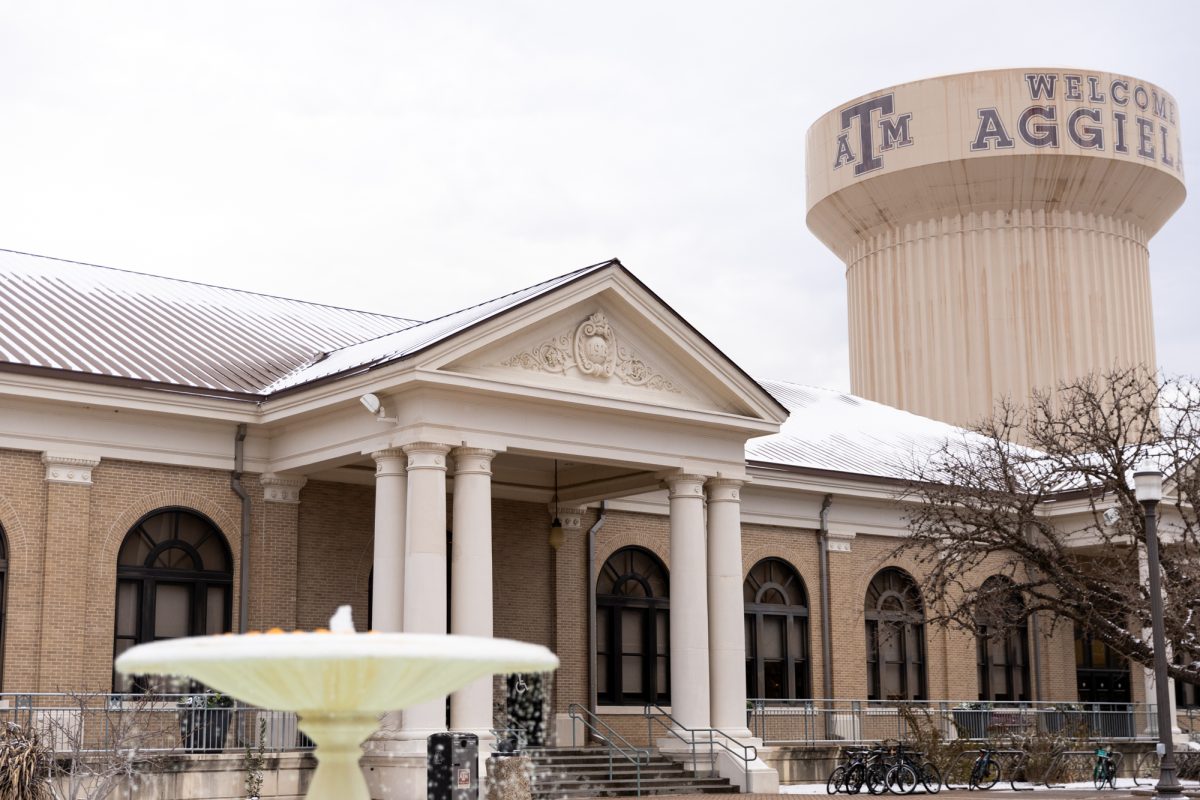With the COVID-19 pandemic still a continuing issue across the world, many mayors and governors have taken it upon themselves to stop the virus’s spread. Other than using masks, the main strategy for stopping the spread of the coronavirus used by these leaders is a mandatory shutdown of vast swathes of the economy. Now these shutdowns generally consist of stay-at-home orders and the closing of various businesses across a designated area. The problem with many of these shutdowns is the many side effects that are not widely discussed, the most important being the repercussions of government shutdowns on small businesses.
The first and most obvious way shutdowns affect small businesses is that these businesses cannot host in-person customers. Without patrons, restaurants in particular are severely hampered, only able to stay open for takeout and delivery. Moreover, other small businesses like floral shops and boutiques are not allowed to have people inside to look at their various items, leading them to remain shut down until the lockdowns are lifted.
A big factor in determining the amount of hardship a business will go through during the coronavirus pandemic is whether a particular service is deemed essential or non-essential. Determining the essential nature of a business has been an issue left to individual states, leading to different classifications for each depending on the state. Generally, essential businesses are places that sell items considered necessary for living, like food and gas. With differing opinions, generally, non-essential businesses sell items the government deems non-essential to sustain the people’s well-being. This classification system has led many businesses to fight tooth and nail to be considered essential so they can at least stay open, even with COVID-19 restrictions.
Though certain essential businesses have been allowed to stay open, their profits have suffered because of the various COVID-19 regulations. With 45 percent of small businesses reporting they have earned either half or less than half of their profits from before the pandemic, a lot of places are shutting down for good. Sixty percent of small businesses that were forced to close due to government lockdowns are now remaining shuttered for good. These businesses are not owned by a wealthy individual, group or corporation, but rather by normal, everyday people. When their businesses cannot earn profit, these people are forced to throw their hopes and dreams down the drain of mandatory lockdowns.
Another problem small businesses are dealing with during the pandemic is staff turnover. Since many of the people working for small businesses are low-income, they rely on the amount of hours they can work to make a decent wage. However, because of COVID-19 regulations, the workers that make an hourly wage are getting their hours reduced or are simply getting laid off. During the first lockdowns in March, these lay-offs contributed greatly to the United States’ high unemployment rate seen nationwide. If the lockdowns are allowed to continue, it is almost certain that many low-income workers will again lose their jobs, leading to a massive problem with unemployment in America the government will almost certainly have to help deal with.
If small businesses are not allowed to stay open, a number of other problems will follow. One of these problems being that small businesses in big cities will be on the brink of having to shut down for good. Small businesses do so much good for the economy by providing low-income workers with a source of income and selling many important luxuries to everyone. With companies like Amazon and Walmart still managing to make money during the pandemic, they can afford to buy the properties of failing small businesses. This could lead to a near-corporate monopoly on business in cities, which could eventually be terrible for the average consumer because it would limit the amount of competition in the market, leading to higher prices.
After seeing all these problems that will occur because of the lockdowns, you might be wondering what you can do to help these businesses out. Although there is not much you can do to support a business if it is completely closed, there are a couple things you can do for businesses that are open with heavy COVID-19 restrictions.
First, you can ask if these businesses sell gift cards. If they do and you want to support the business, then buy some. Buying gift cards can help to give easy revenue to struggling businesses who need cash badly. Another thing you can do for these businesses is simply utilize and order from them. Although indoor dining will likely be closed due to social distancing regulations, a lot of essential businesses are still open for delivery and takeout. If you have money to spend and you want to support a local small business, then feel free to order as much takeout as you want. Many of these businesses are depending on these orders to make up for their missed profits, so by ordering takeout you are helping these small businesses to stay in business.
Bryce Robinson is a business administration sophomore and opinion writer for The Battalion.










